Whatsapp starts encrypting messages on Android
End-to-end encryption of messages is carried out using the TextSecure protocol

Whatsapp is rolling out end-to-end encryption to Android users as the messaging service looks to beef up its privacy and security credentials.
The Facebook subsidiary has partnered with Open Whisper System and is using the TextSecure' protocol. Whatsapp claims it will not be able to decrypt any messages even if it is asked to do so by the authorities.
Android users are the first to benefit with private messages between contacts already encrypted with the latest update.
This will be followed by encryption for group chats and media messages.
There are plans to roll out support for other platforms including iOS, BlackBerry and Windows Phone, but no timeframes have yet been specified.
"WhatsApp deserves enormous praise for devoting considerable time and effort to this project. Even though we're still at the beginning of the rollout, we believe this already represents the largest deployment of end-to-end encrypted communication in history," Open Whisper Systems wrote in a blog.
"WhatsApp runs on an incredible number of mobile platforms, so full deployment will be an incremental process as we add TextSecure protocol support into each WhatsApp client platform."
Sign up today and you will receive a free copy of our Future Focus 2025 report - the leading guidance on AI, cybersecurity and other IT challenges as per 700+ senior executives
Whilst the move to encrypt data will be welcomed, it has also raised eyebrows as Whatsapp is owned by Facebook, a company that profits by collecting user data and serving them adverts.
User comments on the Open Whisper Systems blog have also greeted the announcement with caution, stating that there is always a risk of backdoors being built in. They also warned that the encryption is unlikely to affect the collection of metadata such as the time a message was sent or who the recipient of message was.
-
 AI is creating more software flaws – and they're getting worse
AI is creating more software flaws – and they're getting worseNews A CodeRabbit study compared pull requests with AI and without, finding AI is fast but highly error prone
-
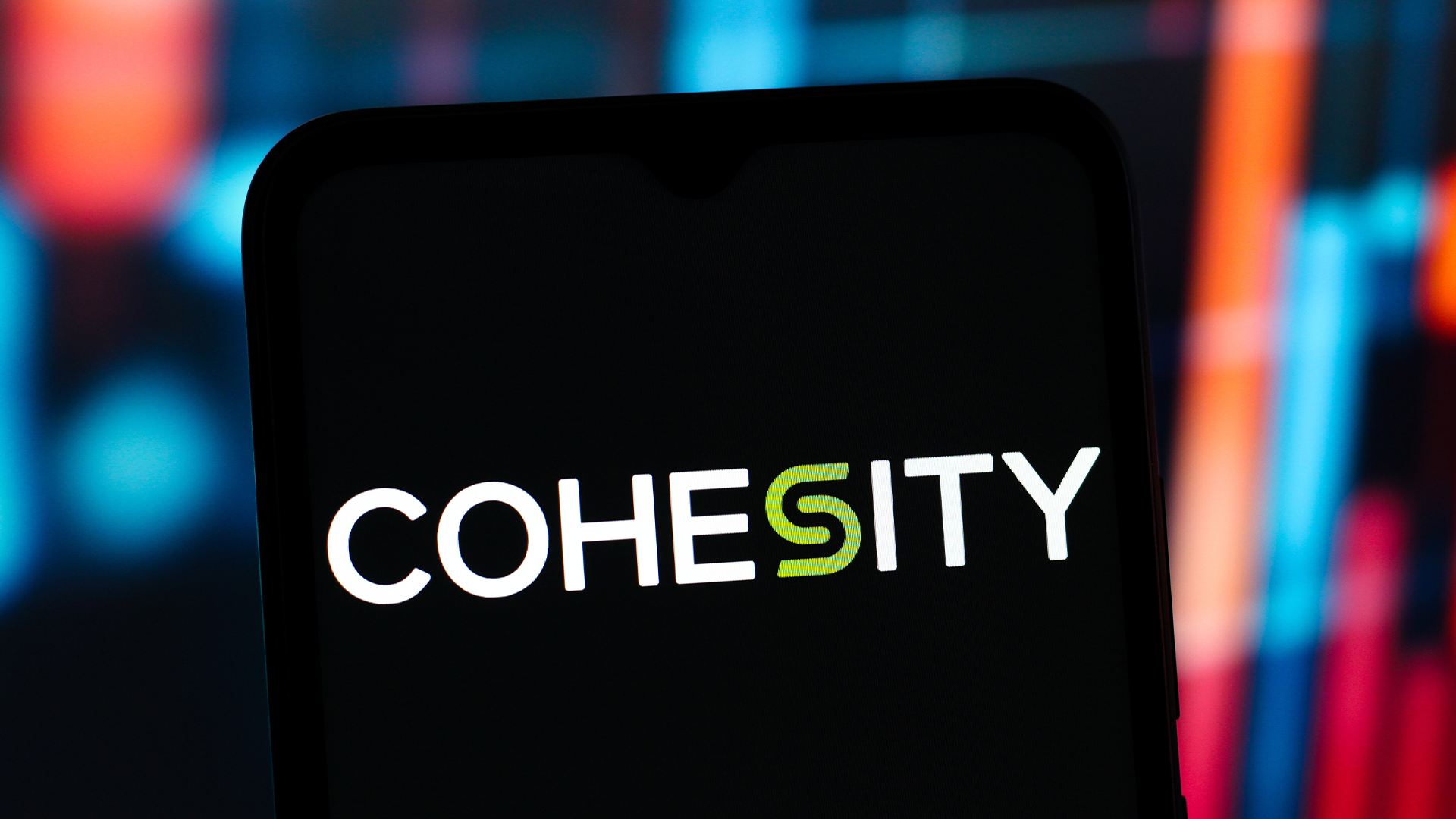 Cohesity deepens Google Cloud alliance in data sovereignty push
Cohesity deepens Google Cloud alliance in data sovereignty pushNews The pair’s expanded collaboration will focus on new integrations for AI, cybersecurity, and data protection
-
 WhatsApp to combat internet blackouts with proxy server support
WhatsApp to combat internet blackouts with proxy server supportNews The newest version of the communication platform offers a new way to bypass state-imposed internet limitations, but concerns remain over IP visibility
-
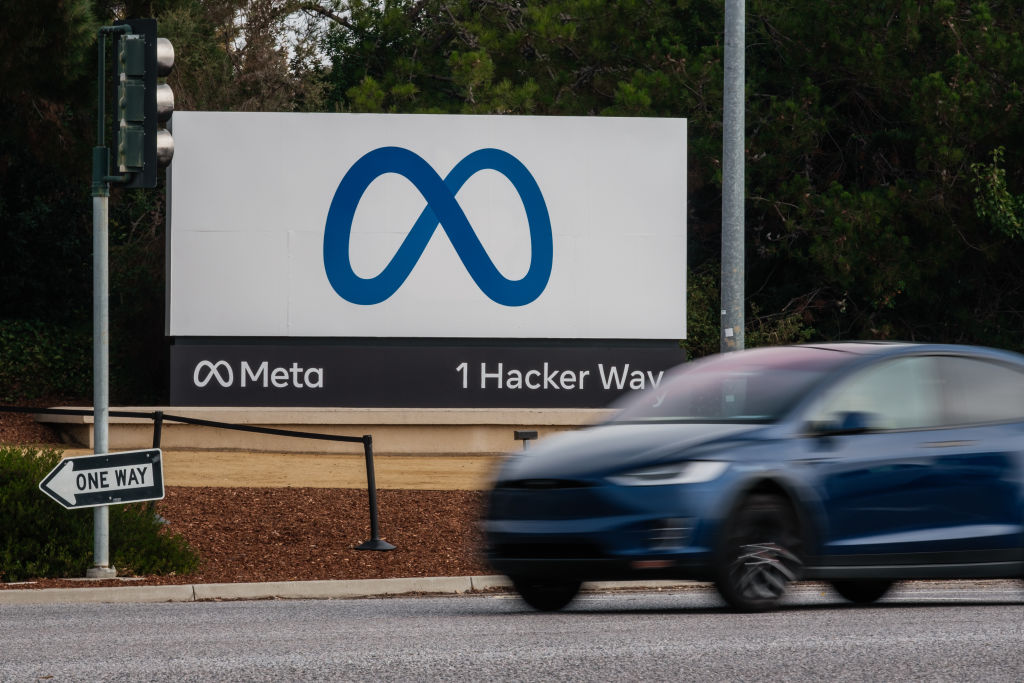 Latest Meta GDPR fine brings 12-month total to more than €1 billion
Latest Meta GDPR fine brings 12-month total to more than €1 billionNews Meta was issued with two hefty GDPR fines for “forcing” users to consent to data processing
-
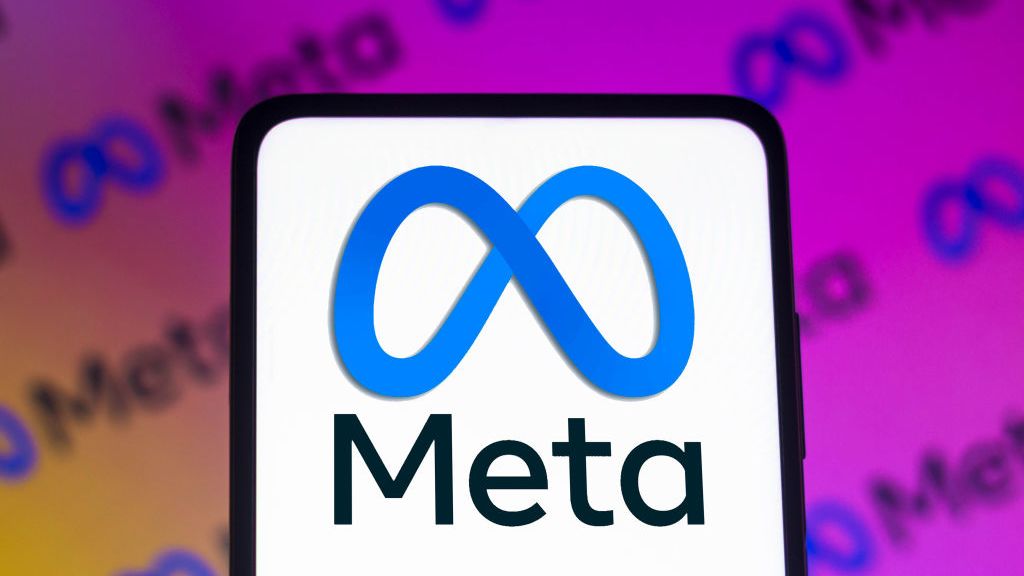 "Unacceptable" data scraping lands Meta a £228m data protection fine
"Unacceptable" data scraping lands Meta a £228m data protection fineNews The much-awaited decision follows the scraping of half a billion users' data and received unanimous approval from EU regulators
-
 Meta notifies around 1 million Facebook users of potential compromise through malicious apps
Meta notifies around 1 million Facebook users of potential compromise through malicious appsNews The vast majority of apps targeting iOS users appeared to be genuine apps for managing business functions such as advertising and analytics
-
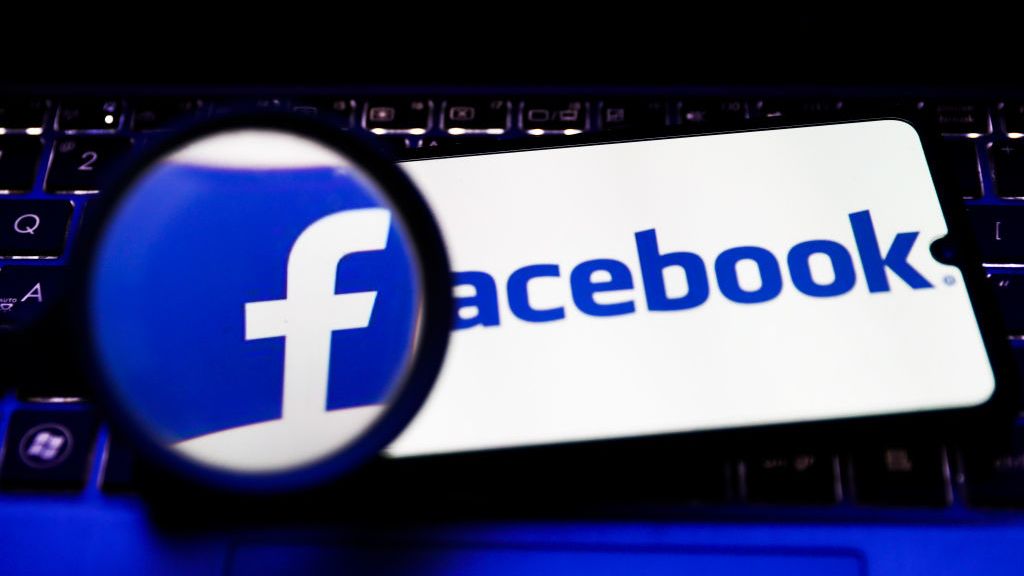 Facebook business accounts hijacked by infostealer malware campaign
Facebook business accounts hijacked by infostealer malware campaignNews Threat actors are using LinkedIn phishing to seize business, ad accounts for financial gain
-
 Meta begins encrypting Facebook URLs, nullifying tracking countermeasures
Meta begins encrypting Facebook URLs, nullifying tracking countermeasuresNews The move has made URL stripping impossible but will improve analytics
-
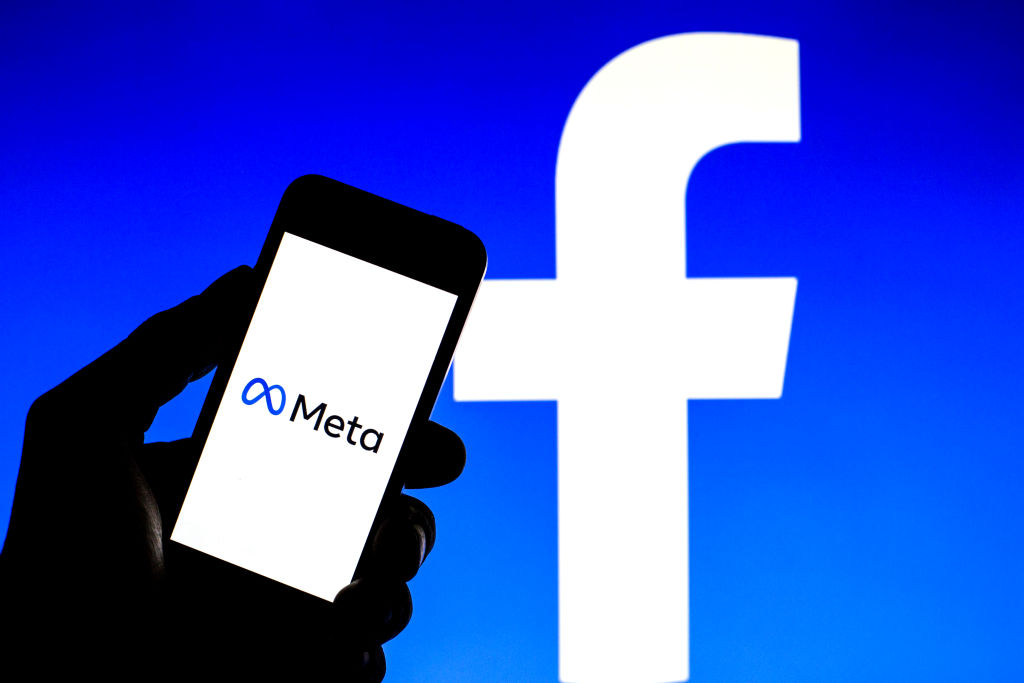 Meta hit with €17 million fine over multiple GDPR breaches
Meta hit with €17 million fine over multiple GDPR breachesNews The social media giant set aside over €1 billion in November to help it cope with potential fines arising from data protection investigations
-
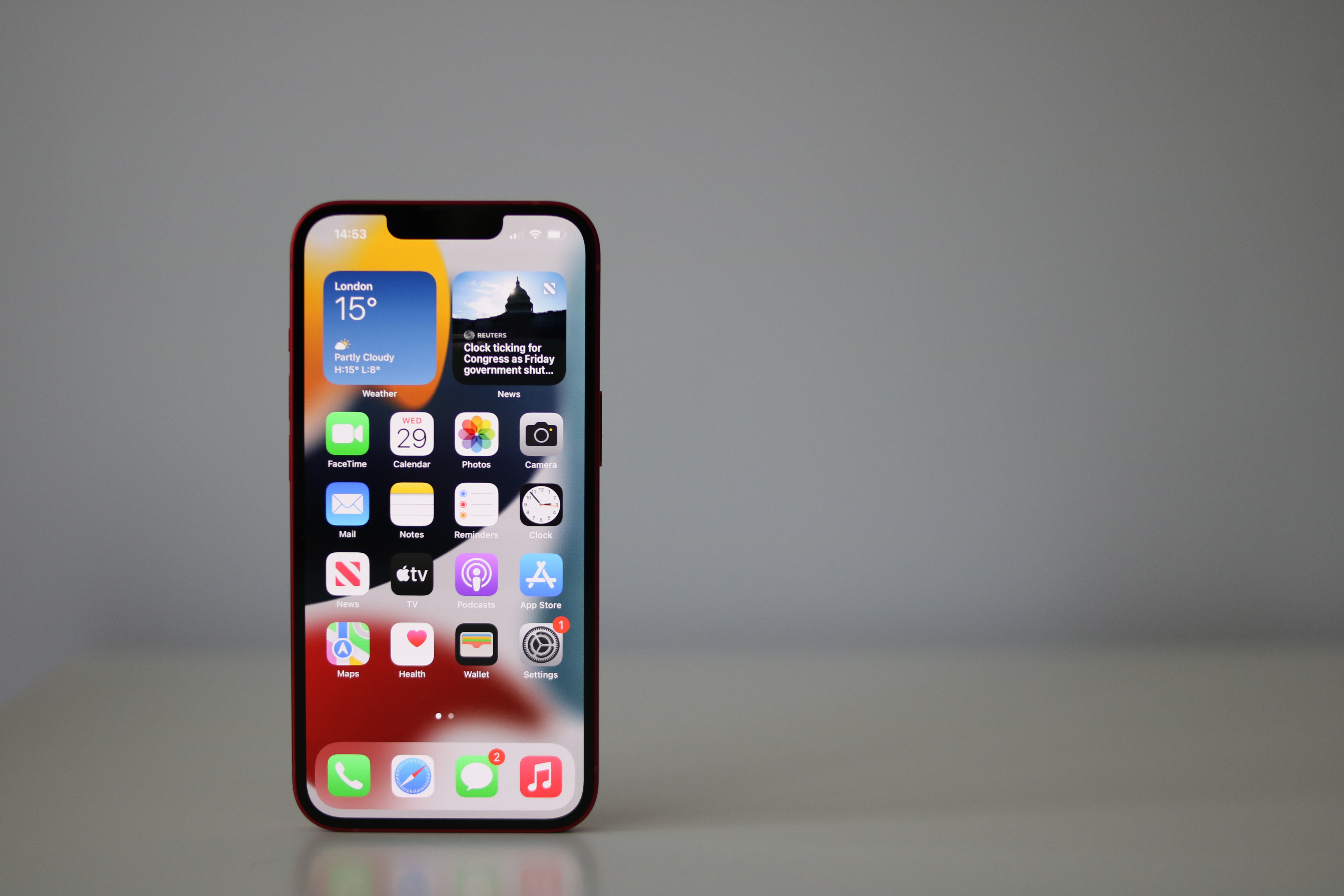 Meta says Apple's iOS privacy changes will cost it $10 billion in 2022
Meta says Apple's iOS privacy changes will cost it $10 billion in 2022News The company's CFO suggests Google "faces a different set of restrictions" because it pays Apple to remain the default iOS search engine